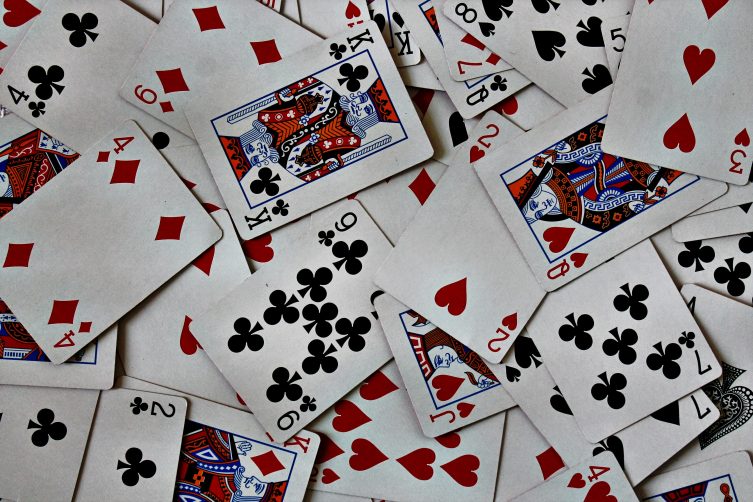Addictive behaviour is a behaviour or a stimulus, related to action (e.g., sex or food) that is both rewarding and reinforcing for the individual. Addictions involving addictive behaviours are usually referred to as behavioural addictions. People can become addicted to almost any behaviour that prompts a substantial reward in the individual.
Addictive behaviour should not be confused with Obsessive-Compulsive Disorder (OCD).
An addiction is, by definition, a form of compulsion. However, the desire and motivation to use a substance or engage in a behaviour arises because it is rewarding. In contrast, someone who experiences a compulsion as part of obsessive-compulsive disorder may not perceive anything rewarding from acting on the compulsion.
What are the signs of Addictive Behaviour?
- You are spending most of your time engaging in, thinking about, or arranging to engage in the behaviour, or recovering from the effects.
- You are dependent on the behaviour to cope with emotions and to “feel normal”.
- You are continuing to indulge in the behaviour despite physical or mental harm.
- You are having trouble stopping despite wanting to stop.
- You are neglecting work, school, or family to engage in the behaviour more often.
- You are experiencing symptoms of withdrawal (for example, depression, irritability) when trying to stop.
- You are minimising or hiding the extent of the problem, and its impact on you.












